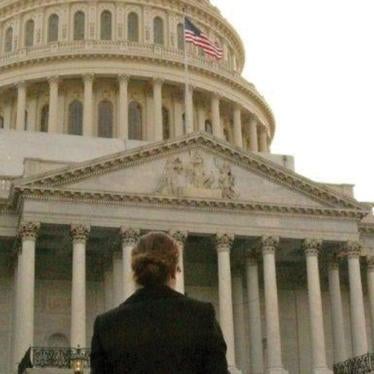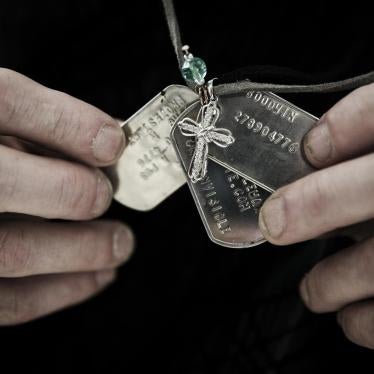One of the first things I learned in my training as a volunteer for a New York City hospital's rape crisis center was that sexual assaults are often shrouded in silence. For some survivors, women and men alike, the silence is partial. They can't bring themselves to speak the words "rape" or "assault" and fall back on proxies: the "thing," the "event," "it." For others, it is literal, and malignant: they dare not come forward for months or years -- or ever.
This silence, though, is one of the more talked about aspects of sexual violence. High-profile cases -- from Steubenville to Maryville to the epidemic of rape in the U.S. military -- break from time to time into the national consciousness, prompting outrage and debate. But look beyond the big scandals and you find a void: although 1 in 6 women and 1 in 33 men will be victims of sexual assault during their lifetime, fully 60 percent of sexual assaults are never reported. The voiceless are many and they are everywhere.
So when survivors of sexual assault find the courage to break their silence and speak out, it's all the more important for us to listen, and listen well.
This rings particularly true in Washington, D.C., where a bill is pending before the city council that aims to improve the Metropolitan Police Department's (MPD) response to rape cases. Bill 20-417, the Sexual Assault Victims' Rights Amendment Act of 2013, was prompted in part by a Human Rights Watch report documenting the failure of the MPD to investigate scores of sexual assault cases properly and the callous mistreatment of victims by some detectives. The proposed law would expand and clarify the rights of survivors of sexual assault in important ways.
The bill would establish the victim's right to have an advocate present during the medical examination and all interviews with law enforcement, prosecutors, and defense attorneys. It would require the police to make sure that sexual assault forensic examination evidence is processed in a timely manner. And it would expand the jurisdiction of DC's Police Complaints Board and Office of Police Complaints -- the agency responsible for receiving, investigating, and resolving police misconduct -- to include MPD's handling of complaints of sexual assault.
But the proposed legislation falls short. It contains an exception clause to the right to an advocate: if the interviewer determines that the advocate is detrimental to the purpose of the interview, the advocate can be excluded. This qualifier undermines the whole idea of honoring the victim's wishes and gives the interviewer unbridled authority to determine what is "detrimental."
I attended a daylong hearing about this bill on December 12, and the testimony underscored that police misconduct stems not so much from inadequate policies as from an entrenched culture in which sexual assault is simply not taken seriously enough. Without independent, external oversight -- something that the Office of Police Complaints has neither the expertise nor the resources to give -- there is no guarantee that MPD's promised changes will continue once public attention wanes.
The hearing featured the testimony of more than 55 people, including attorneys, hospital personnel, and experts on police "best practices." But the strongest voices were those of the sexual assault survivors, who demanded that their stories be heard. The mother who recounted how her 11-year-old daughter was raped and then arrested for "false reporting." The survivor who said that her "experience with the D.C. police made me feel victimized twice." Their testimony spoke to a distrust of a broken system, to a sense of having been failed by those whose job was to help them in their agony. The room listened, in silence.
But they also expressed optimism -- optimism that by sharing their suffering, they could spare future victims the same fate -- if, that is, the D.C. Council takes their unanimous recommendation to strengthen the proposed legislation by ensuring that victims have an advocate and providing external oversight of the MPD.
At the start of the new year, Washington, D.C. has the opportunity to show that when the silence surrounding sexual assault is broken and survivors reclaim their voices, their words do not fall upon deaf ears. In the words of one witness, "Every time we have a right to speak, we are allowed to heal." If the council gives life to the recommendations of those who stood before them and demanded stronger protections for victims of sexual assault, it will enable the healing to continue.
Samantha Reiser is an Associate in the US Program.







